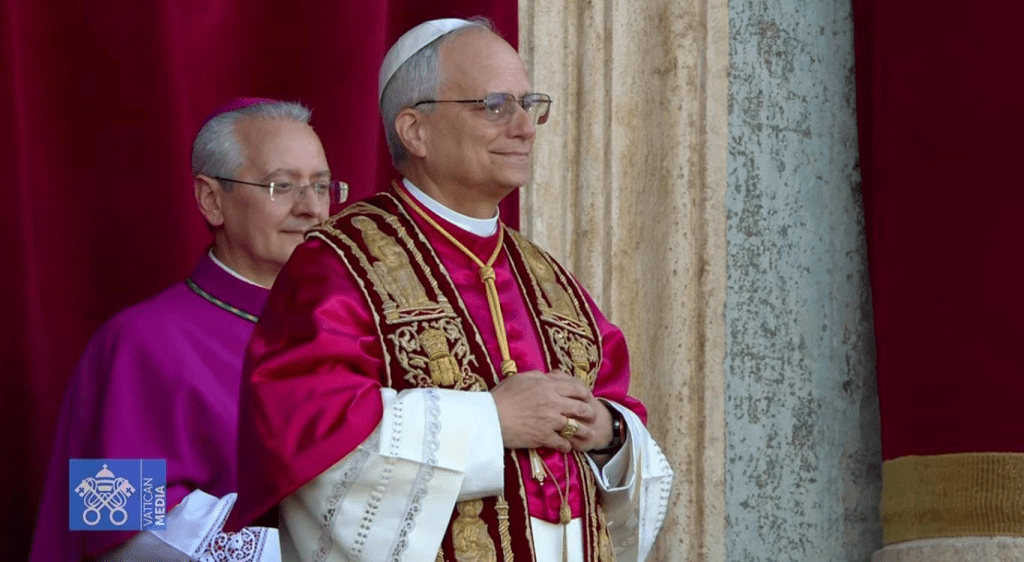
Cardinal electors have chosen Cardinal Robert Francis Prevost as the new Pope.
The 69-year-old Augustinian priest is the 267th pope, the first ever pontiff from the United States, and the second pope from the Americas after his immediate predecessor Pope Francis. He has chosen the name Leo XIV.
Prevost is the Prefect of the Dicastery for Bishops and Archbishop-Bishop emeritus of Chiclayo in Peru, where he worked as a missionary. Although born in Chicago, he also holds Peruvian citizenship.
The 133 cardinals under the age of 80 began the heavily ritualized and secret process on Wednesday, shut away in complete isolation as they voted to pick a successor to Pope Francis, who died on April 21.
The cardinals held an initial inconclusive vote on Wednesday evening. On Thursday, the second day of the conclave, white smoke finally emerged after the fourth round of voting.
The senior elector among the cardinal deacons, French Cardinal Dominique Mamberti, stepped out onto the central balcony of St. Peter’s Basilica to announce to the crowds in the square “Habemus Papam” (We have a Pope).
Prevost soon followed, waving to the cheering thousands below before speaking. Unlike Francis, who wore only the white cassock during his introduction, Leo XIV wore the traditional red papal garment over the cassock.
“Peace be with all you,” the new pontiff said in his first words to the world. He also called for the world to “build bridges through dialogue, through encounter, to come together as one people, always in peace,” before paying homage to Pope Francis.
Prevost, who was only made a cardinal in 2023, was brought to Rome by Francis in that year to head the Vatican office in charge of choosing which priests should serve as Catholic bishops across the globe, meaning he has had a hand in selecting many of the world’s bishops.
Prevost said during a 2023 Vatican press conference: “Our work is to enlarge the tent and to let everyone know they are welcome inside the Church.”
Before being brought to Rome, Prevost served as a bishop in Chiclayo, in northwestern Peru, from 2015 to 2023.
The new Supreme Pontiff also has his plate full with armed conflict in different parts of the world, including Israel’s assault and blockade on Gaza, the Ukraine-Russia war, the recent Pakistan-India skirmish, the Sudan conflict, and the Rohingya issue in Myanmar.
He will also have to deal with thorny issues within the Church—clerical sex abuse in particular, as well as the role of women in the Church, and whether LGBTQIA+ Catholics have a place in it.
Hours before the conclave ended, the apostolic nuncio to the Philipines Archbishop Charles John Brown said whoever is elected pope would “make changes.”
However, the Church’s core teachings, rooted in Jesus Christ’s life and love, will continue. Saint Peter, the Church’s first pope, first held this role, which remains central.
“I think whoever is elected pope will make changes. That’s normal. Every pope has his own idea. He keeps the teaching of the Catholic Church intact, but he presents it in his own way,” Brown added. — with reports from JP Soriano/Reuters/Agence France-Presse/BAP/BM, GMA Integrated News


